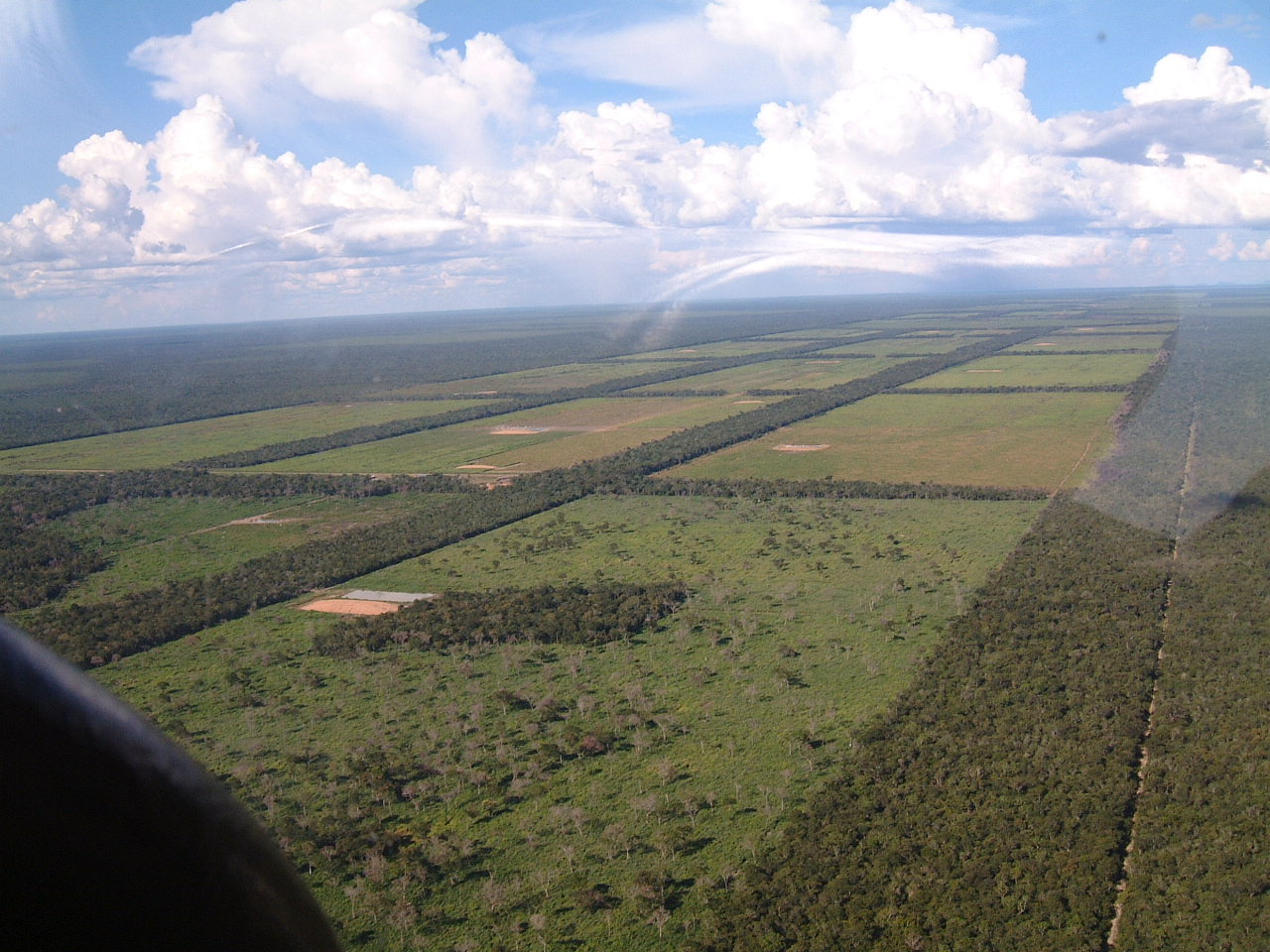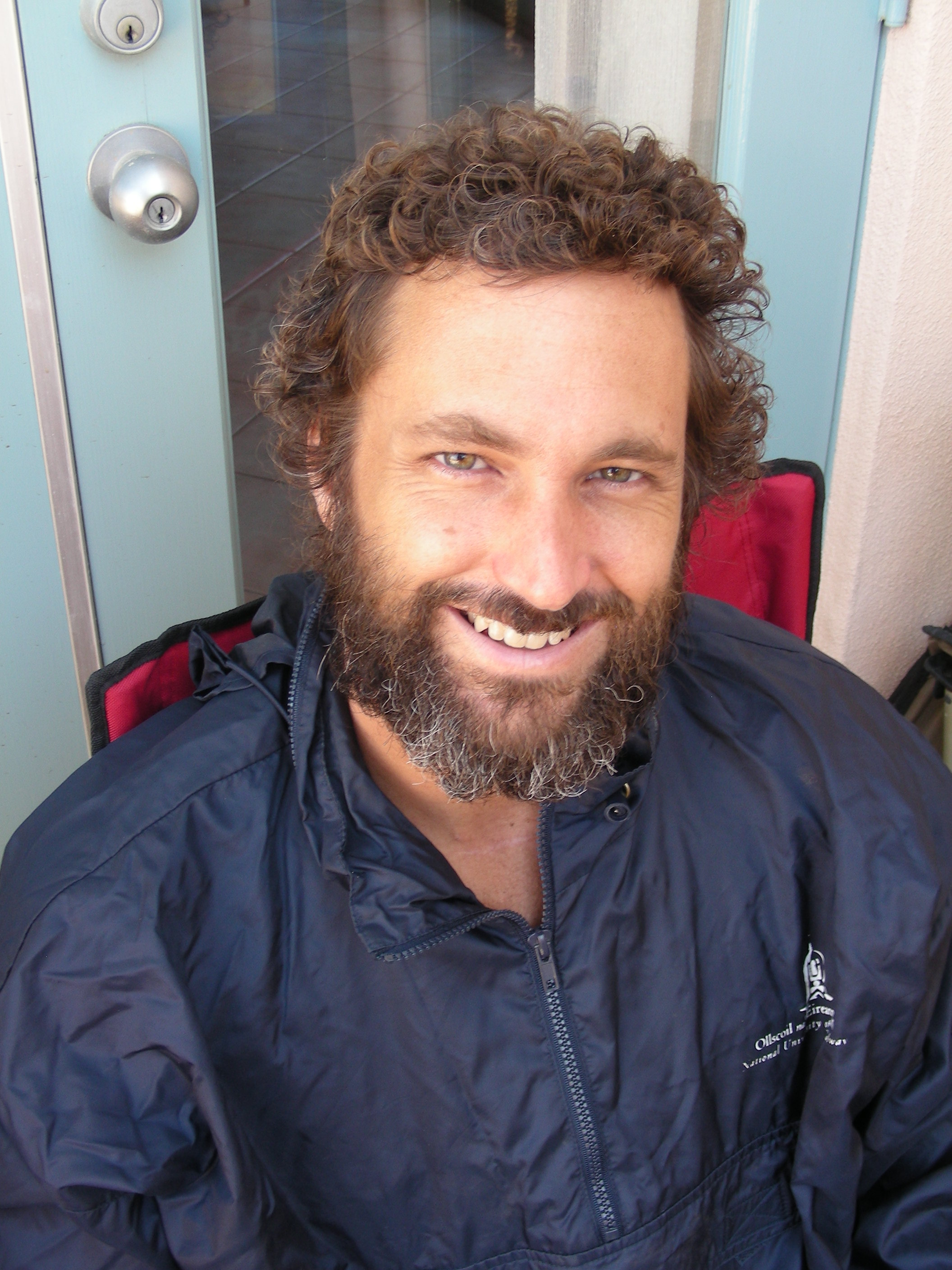A recent CNN article, “Protecting villagers from deadly mudslides” by Ebonne Ruffins (February 10, 2011) pays tribute to research by the UCSB Department of Geography: “There are plenty of natural reasons why Guatemalans are vulnerable to mudslides: frequent earthquakes, hurricanes and heavy rains oversaturate Guatemala’s mountainous terrain and muddy the soil. But…there’s another mudslide trigger to consider. ‘Deforestation — or the absence of trees — causes mudslides to occur,’ said Hallum, co-founder of the Alliance for International Reforestation, a nonprofit trying to help the villagers protect themselves from mudslides. ‘Trees are cut for firewood and to make room for the crops, and without realizing it … they’ve taken away their protection. Where it used to be rainforest becomes an open space for the mud to come right on through. Nearly 373 square kilometers of trees are destroyed each year in Guatemala, according to the University of Santa Barbara’s Department of Geography.’”
The UCSB Geography statistics alluded to are derived from Professor David López-Carr’s research into Guatemalan forest change from 2001-2009. His NIH-sponsored research in Population and Environment, “Migration, demographic factors and deforestation in Guatemala,” had three aims: “1) Examine demographic factors at the household and community level on forest conversion in Petén’s agricultural frontiers. 2) Investigate factors associated with the primary underlying demographic force behind forest conversion: rural-rural migration. 3) Apply statistical techniques to address shortcomings in current methods used to investigate the determinants of frontier Land-Use and Land-Cover Change and rural-rural migration.”
López-Carr expanded upon this research by stating: “The primary cause of deforestation worldwide is agricultural expansion, much of it by colonists to forest frontiers. Yet, in studying forest clearing and land use, scholars of human-induced environmental change have focused almost exclusively on land use on the agricultural frontier, without considering why settler families end up there in the first place. Conversely, virtually all research on migration has focused on rural-urban migration and international migration, phenomena peripheral to deforestation. The project goal is to investigate the determinants of rural out-migration, which underlies dramatic forest conversion in Guatemala’s Maya Biosphere Reserve. The research team hypothesizes that differences in economic, social, demographic, biophysical, and political conditions, expressed spatially on Guatemala’s landscape, drive rural migration and hence deforestation. While some estimate that human population change accounts for half or more of the worldwide deforestation variance, the proposed research is the first to examine deforestation at the agricultural frontier in relation to agents of change responding to conditions elsewhere, in particular, in places of migrant origin.”



